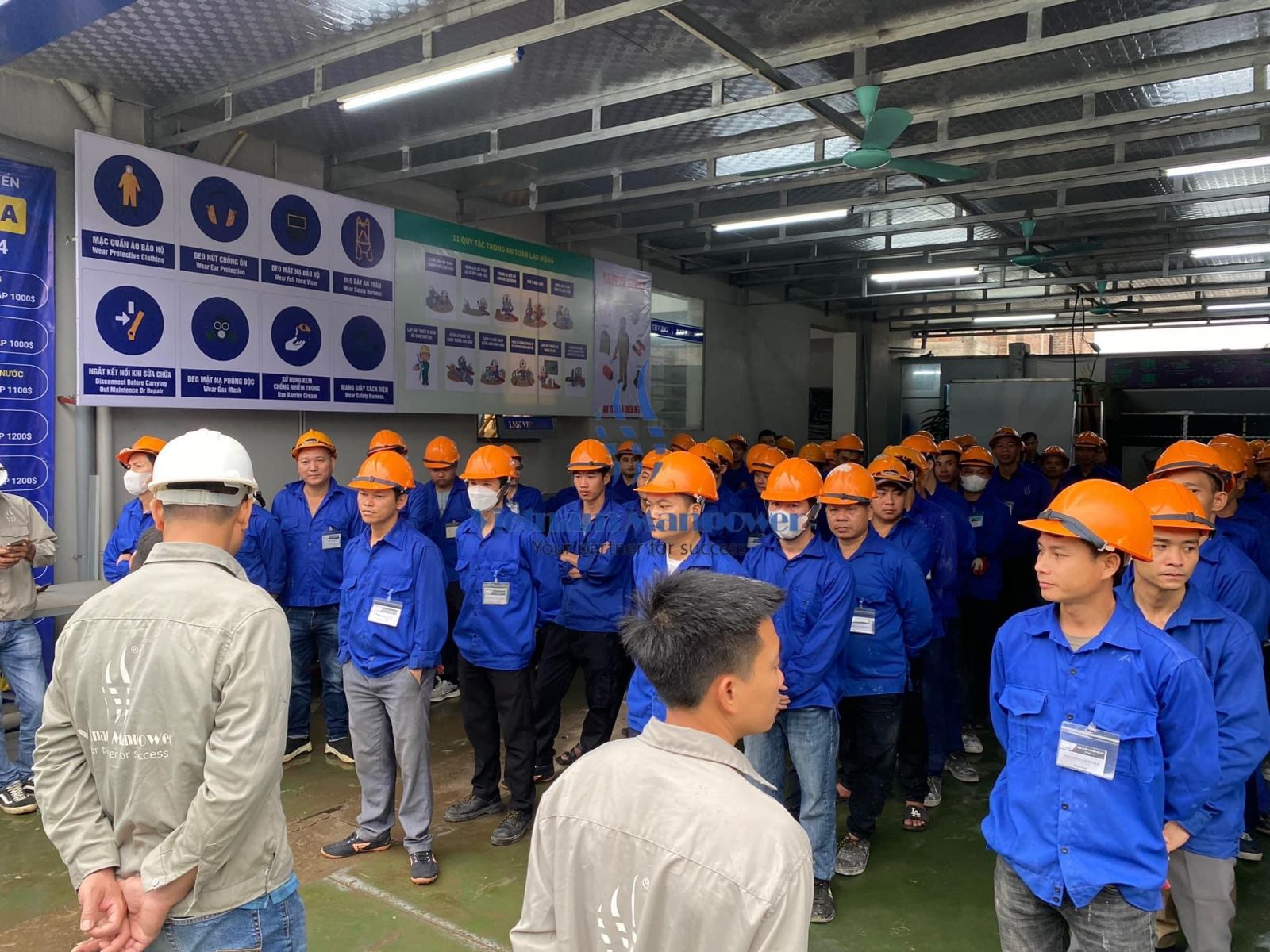Based on a 2022 survey by the European Labour Authority, a total of 28 occupations, employing 14 percent of the EU workforce, were classified as experiencing shortages. 19 out of the 28 were classified as occupations with ‘high magnitude’. Sectors particularly impacted are healthcare and professions requiring STEM skills, but labour shortages are actually affecting all economic sectors.
Against a backdrop of existing demographic challenges, labour markets have been further disrupted by volatility and new developments such as the socio-economic impact of the war in Ukraine and the subsequent rise in energy prices. Yet, the main drivers behind current labour shortages are largely linked to mismatches between supply and demand: inactivity, a re-evaluation of work, cross-border mobility of workers and the long-term impact of the Covid-19 pandemic – with workers having left certain sectors and most likely not returning after having given their career a new orientation.

Targeted labour market reforms in four main areas could help to solve this problem, namely: to broaden labour market access through diverse forms of work, offer innovative solutions for access to training, provide career support enabling faster and more resilient transitions and to renew the focus on a collaborative approach amongst labour market stakeholders. In each of these areas, the private employment services industry has proven expertise in “making better matches.”
Broadening labour market access and tapping into the unused or underused working population is certainly a solution to reducing skills and labour shortages in the short- to-medium term. Offering diverse forms of work creates new employment pathways to sectors and occupations that are most in demand. It also functions as a stepping-stone, enabling for instance young people to gain their first professional experience. Students account for 36 percent of all agency workers in Belgium, 22 percent in the Netherlands and 21 percent in Spain. Migrant workers and third country nationals with a European residence and work permit can also contribute to reducing skills shortages and should be supported in accessing labour markets. However, they often face restrictions to work as agency workers. The current Ukrainian crisis has shown how private employment services can successfully offer work opportunities to refugees, alongside support in labour market integration. To further broaden labour market access, it is important to review and lift unjustified restrictions on agency work and further enhance transitions between jobs and occupations.

One of the solutions is to get workers from other countries. There are many countries that are having quality worker resources and workers are willing to work abroad. Including Vietnam, a country with an abundant and quality labor force, people are always considered to be the hardest working people in the world. With the shortage of the worker market in many industries in Europe, exporting workers from other countries to work is the best solution. Vietnam Manpower is proud to have provided a large and quality workforce to large companies in many countries in many fields.












Replies to This Discussion